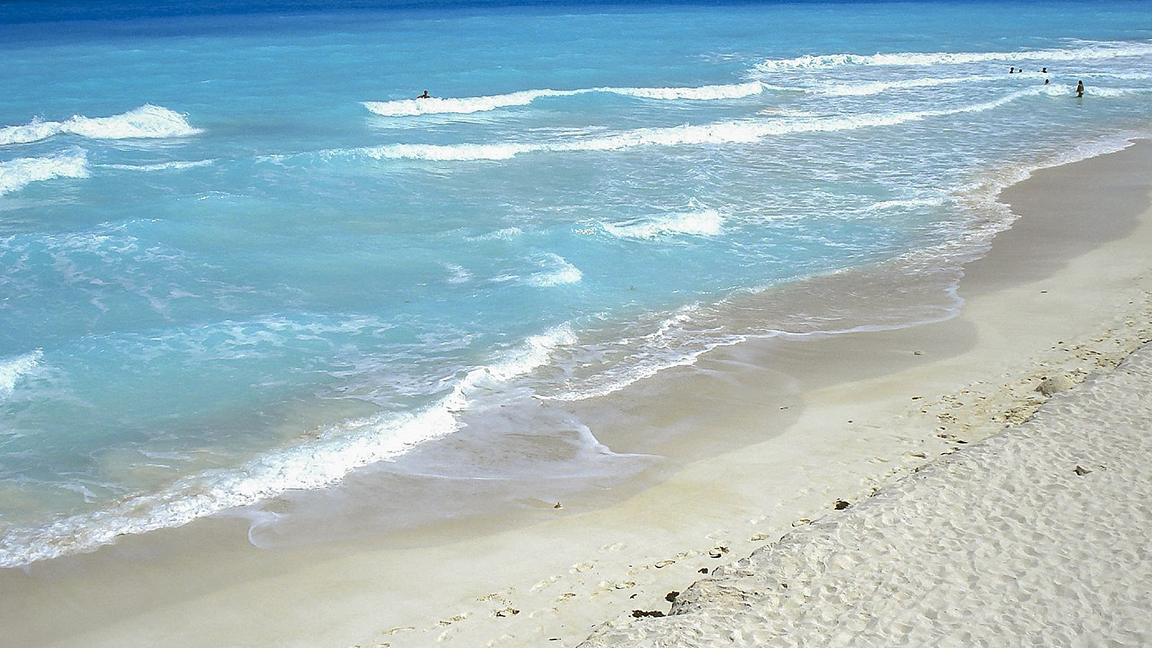Views expressed in opinion columns are the author’s own.
As we approach one year of quarantine, I wish I could get out of my house and escape somewhere for spring break — or perhaps permanently. After all, no human is meant to be confined for this long.
But I also am very aware of the 500,000 Americans who have needlessly lost their lives to COVID-19, so I certainly don’t have any plans to risk raising that number by jetting off to Cabo in the middle of a pandemic.
Unfortunately, I certainly know students that do have plans to travel to popular vacation destinations — Hawaii, Puerto Rico and Mexico, for example — over spring break. Students wishing to travel to such destinations shouldn’t ignore how the industrialized tourism industry has placed undue pressure on locals to allow tourists potentially carrying COVID-19 into their communities. Instead of traveling, students should consider donating money to local-led projects in these destinations.
At first glance, it seems like traveling to popular destinations that have recently suffered from a lack of tourism is a win-win: You can have fun on the beach and support a decimated local economy!
However, this ignores the enormous pressure on these communities to reopen, even when they might not have the resources to handle explosions of COVID-19 cases. For example, Puerto Rico recently dealt with a myriad of natural and economic issues, even before COVID-19. Rather than increase travel restrictions and enforce safety measures against visitors, Puerto Rico decided to focus on reviving its tourism industry to resuscitate its economy. Lured by lower coronavirus restrictions and the promise of escape, mainland Americans have visited Puerto Rico, contributing to a spike in COVID-19 cases on the island. The Centro de Periodismo Investigativo reported that people flying into Puerto Rico tend to fly in from areas in the U.S. with the most COVID-19 cases. These efforts to lure pandemic-weary tourists to “save the economy” have thus created a macabre trade-off in which Puerto Ricans have been forced to risk their health and safety to bolster their flagging economy.
This situation is not unique to Puerto Rico. Americans escaping COVID restrictions directly contributed to a surge of cases in Mexico, which, like many developing nations, has struggled to obtain and distribute vaccine doses to protect its population. And while Americans hop across the border to vacation in Mexico, the U.S. has refused to help the country with vaccine access and distribution. Why are so many tourist destinations like Mexico lagging in vaccine access and distribution while Americans continue to travel there? Can traveling to a place with limited resources to deal with COVID-19 ever do more good than harm?
The short answer is no. While locals in many of these destinations rely on revenue from tourists, a study of the impact of tourism in Caribbean destinations found high visitation rates coincided with governments intentionally depressing locals’ wages and the current mass “cultural tourism” framework actually mimics colonial dynamics instead of empowering locals. For example, Hawaii has a massive population of people experiencing homelessness — a problem that isn’t assuaged by tourism, since sightseers raise the cost of living for locals and displace them from their homes. As tourists flood to destinations like Hawaii, governments’ bloated investments in mass tourism eclipse investments in more sustainable industries, leaving locals and their small businesses out to dry. This promotes economic systems and policies designed to appease and attract temporary visitors rather than protect the welfare of local communities.
Clearly, tourism in the age of COVID-19 — and tourism in general — is a much more nuanced issue than is often presented. While the problems with mass tourism are not easily solvable, let alone by students, they can certainly be perpetuated by reckless and unnecessary behaviors such as traveling for spring break. After all, is living out some neo-colonial fantasy of spreading the coronavirus in Tulum the way you want to spend your spring break?
Instead of carelessly using your passport privilege to descend upon places that do not have the health care infrastructure or public health measures needed to protect themselves from COVID-19, just stay home and research ethical ways to visit these destinations when it’s safe again. Furthermore, consider donating your travel expenses to local-led aid efforts such as Coronacare Hawai’i, projects in Puerto Rico or other local efforts that both enrich and protect the people whose communities you planned on exploring. After all, what better way is there to support locals than to safely and directly put resources in their hands?
Caterina Ieronimo is a junior government and politics major. She can be reached at ieronimocaterina@gmail.com.



